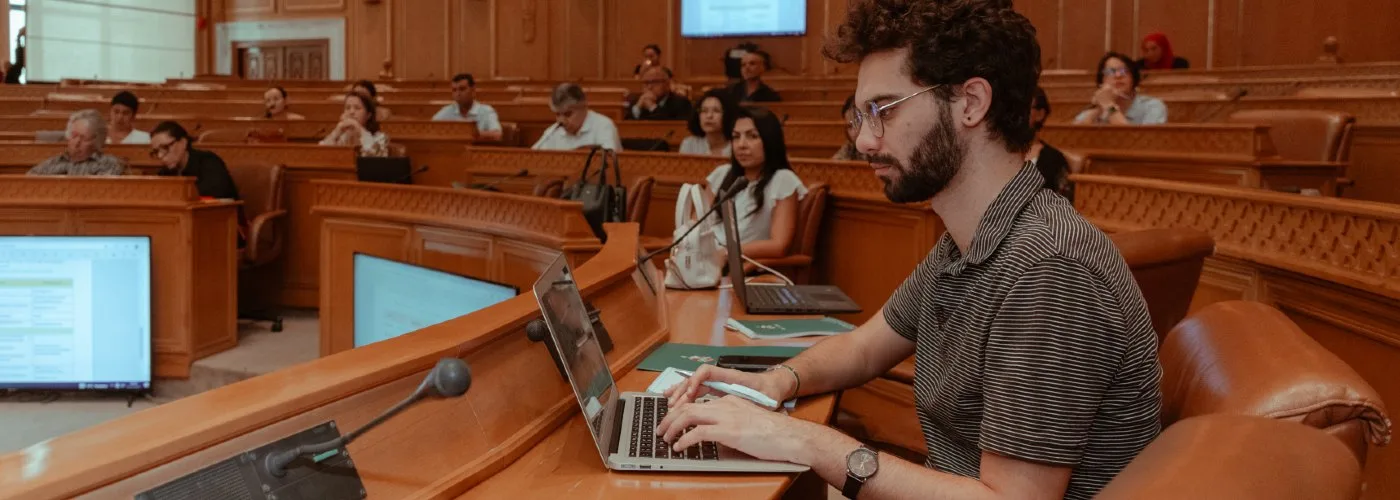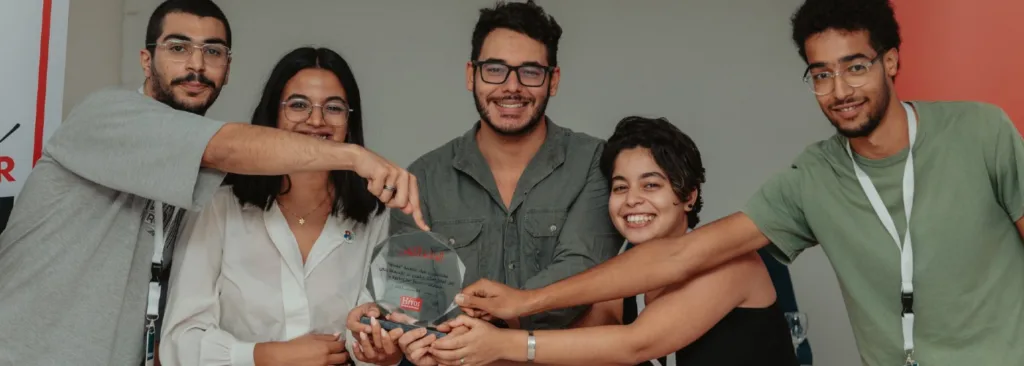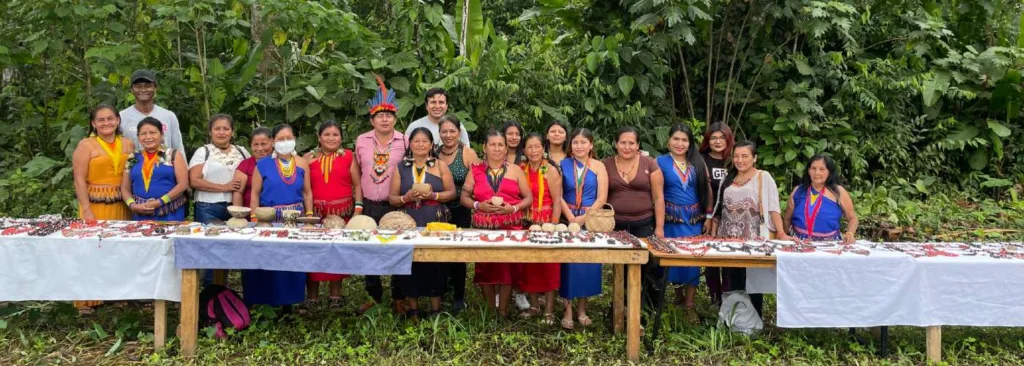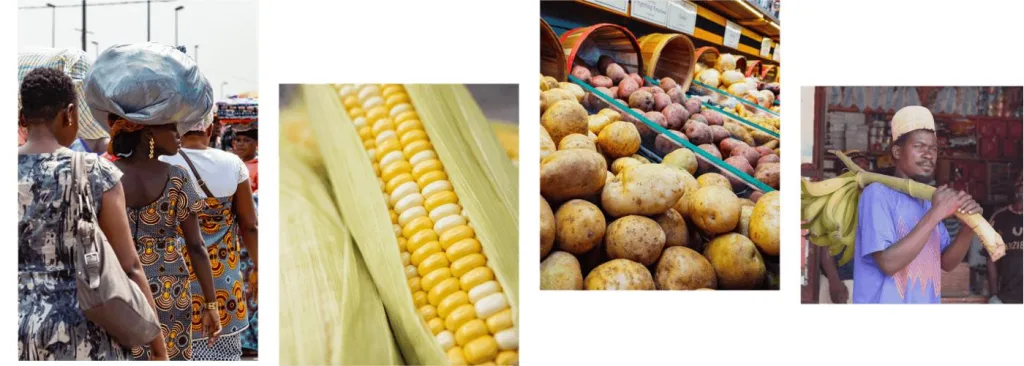Based in Tunis, Adel Azouni has been passionate about social and environmental activism since the 2011 Tunisian revolution. In 2022, UNDP Climate included him among their five young leaders from the Arab world who give us hope for tackling climate change. Recently, he was nominated by ICLEI – Local Governments for Sustainability to be an AfriFOODlinks youth ambassador. Emna Mornagui, our AfriFOODlinks program coordinator in Tunis, talked to him about his new role and objectives.
AfriFOODlinks coordinates innovative action and knowledge exchange on urban food systems between 26 countries in Africa and Europe and links this work to 65 cities worldwide.
Tell us a bit about yourself, Adel
Right now I’m a PhD student in environmental geology at the Faculty of Sciences in Tunis. Before that, I was project coordinator for a green economy project at El Space social innovation hub and the host and editor-in-chief of the environmental radio program Eco-friendly on Radio Misk.
I’ve been involved in different environmental protection initiatives like the Earthna Center for a Sustainable Future, which developed a universal periodic report on environmental rights and development that they submitted to the Human Rights Council in Geneva in March 2022.
What does it mean for you to be an AfriFOODlinks youth ambassador?
For me, this is a golden opportunity to continue fighting to solve a number of serious environmental and climate challenges we face today across the world. Specifically, the AfriFOODlinks program aims to improve food security as well as urban sustainability, both of which are increasingly threatened by the impacts of climate change.
The climate crisis is severely hitting land and water resources and decimating agricultural growth and yield. This will directly impact our food security worldwide. Today we urgently need to adapt and build more resilient and sustainable cities through a healthy and sustainable food transition.
Tell us about your role as youth ambassador
Being involved and committed has been part of me since the Tunisian revolution, which inspired me to work for positive change. With AfriFOODlinks, I’ll be trying to popularize the promotion of sustainable food systems in Tunisia, which is a producer but also a consumer country. I’ll also be able to harness my experience and abilities in mediation, advocacy and communication to help raise awareness and mobilize people around promoting sustainable practices that protect nature and the environment.
This role will also let me exchange knowledge and ideas with other young Africans and Europeans on how to effectively transmit the message that we need to adopt healthy and sustainable diets.
What are your personal objectives for AfriFOODlinks?
I’m really keen to participate in the further planning and implementation of the program, including as a citizen. I’m even more encouraged by the fact that I’ll be working with actors from different sectors, whether researchers, civil society, or government institutions. It’s always important to bring all relevant parties together around the same problem to find the most effective solutions.





